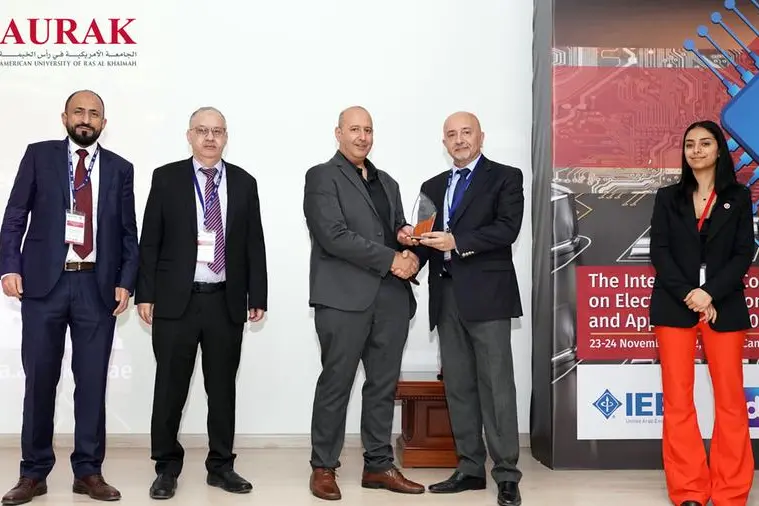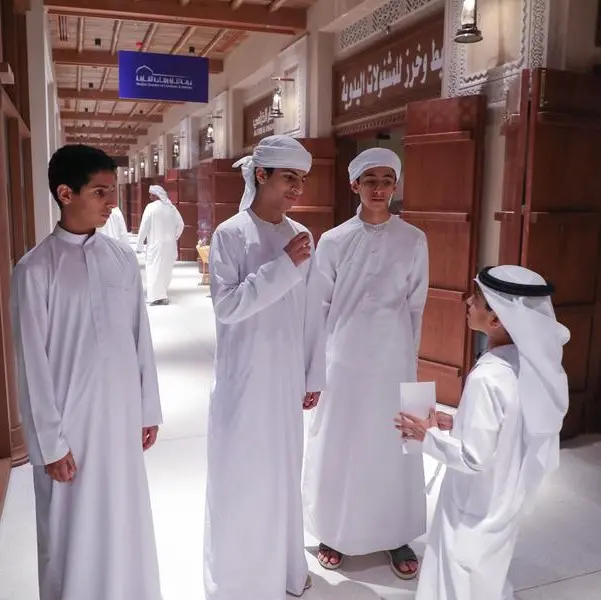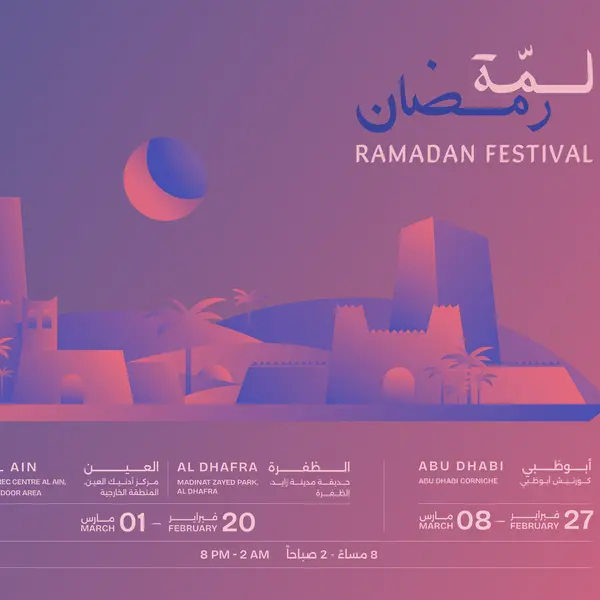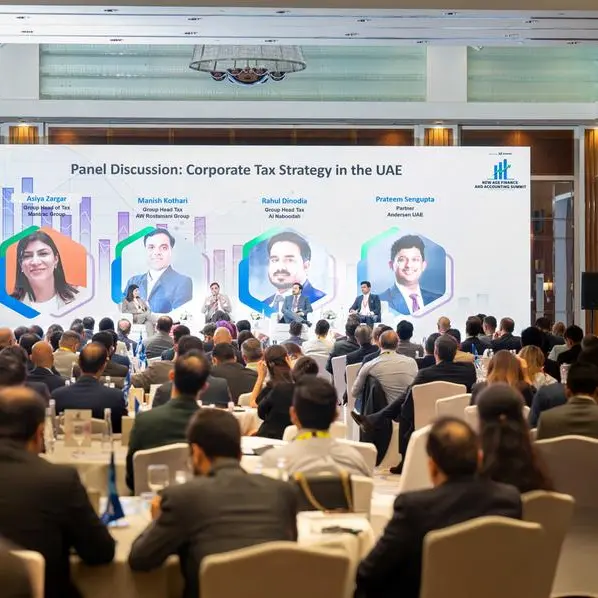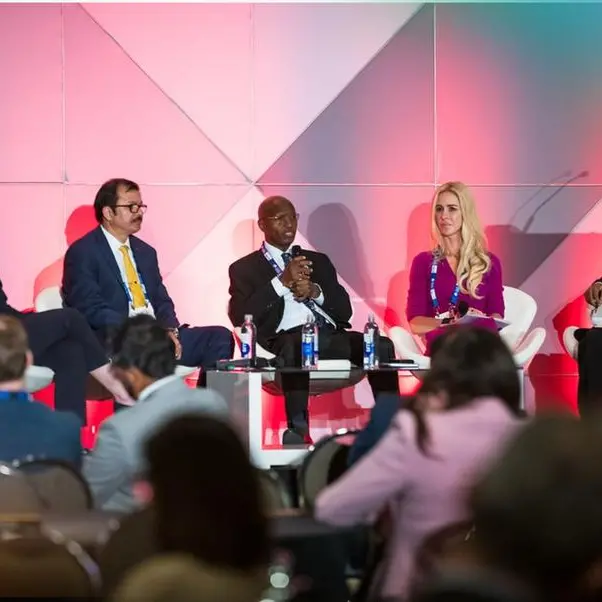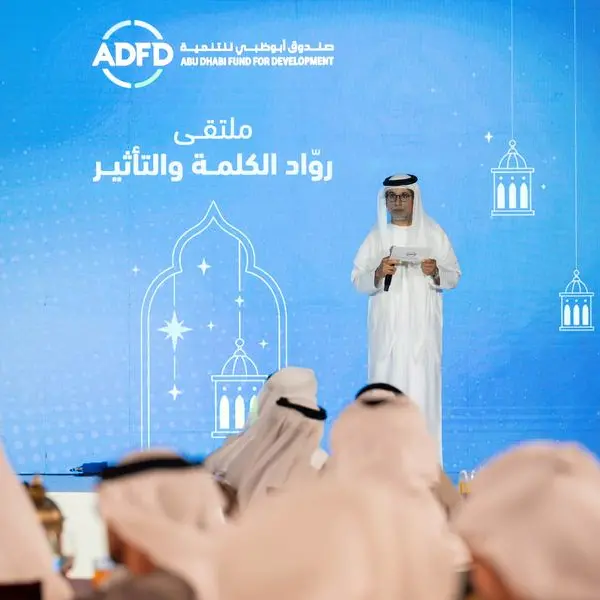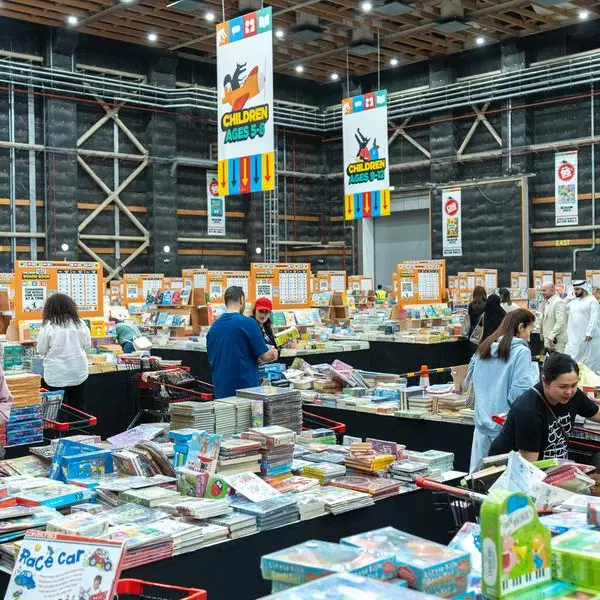PHOTO
- Papers explored Artificial Intelligence, nanotechnology, machine learning, computer networks and security, data mining, microwave circuits, renewable energy & PVs, wireless communications, etc.
- Keynote speaker Prof. Jalel Ben Othman from University of Paris presented a study on ‘Improvement of Security and Mobility of Vehicles in Smart Cities’ modelled for the city of Abu Dhabi
Ras Al Khaimah, UAE: The 3rd International Conference on Electrical and Computing Technologies and Applications (ICECTA 2022) hosted by the American University of Ras Al Khaimah (AURAK) attracted 99 technical papers from 40 universities from around the globe, showcasing theoretical and practical developments in the fields of Electrical Engineering, Computing Technologies, their Applications and the related fields.
The papers presented at the two-day conference held at AURAK covered a wide range of topics, including IoT, Artificial Intelligence, nanotechnology, machine learning, computer networks and security, data mining, microwave circuits, renewable energy & PVs, wireless communications and even money laundering in Bitcoin.
Prof. Jalel Ben Othman, Professor of Computer Science, University of Paris, in a detailed presentation on ‘Improvement of Security and Mobility of Vehicles in Smart Cities’ based on his study for the city of Abu Dhabi explained the role of ‘self organising networks in which each vehicle can be a part of the topology of the network and can exchange automatically information with all other routers.’
His study focused on Vehicular Ad-hoc Networks (VANET) which offer many advantages such as easy deployment, user mobility and network access to users regardless of their locations, but the flipside is that they suffer from security issues.
In order to avoid fatalities, collisions and traffic jams, Prof. Jalel recommended improved information delivery to drivers and more efficient driver-to-driver communication through 5G networks, AI and Edge Computing. He said the way forward was through Connected Vehicles with deployment of self-driving cars, auto-pilot cars and flying cars.
Prof. Khalid Hussain, Dean of School of Engineering, AURAK, ICECTA 2022 Steering Committee Chair: “Today we are living in the information explosion era. Sensors, mobile phones, cameras, and data collecting devices are deployed everywhere. They are interconnected through the internet using cellular networks and other communication methods. The huge amount of data available presents a profound challenge to the engineering and science communities in terms of communication, analysis, and information security.
“On the other hand, producing pollution free, clean energy is a key pressing issue worldwide. In addition to producing energy from non-fossil fuel sources such as the sun and the wind, this involves developing more efficient energy management strategies. The International Conference on Electrical and Computing Technologies and Applications opens the way for constructive discussions and collaborations to address these issues”.
Prof. Maen Takruri, Director of ICONECT, AURAK, and ICECTA Chair of Organising Committee, commented: “The conference was designed to provide engineers, professionals, academics and researchers with a platform to share their current research findings and explore recent developments, current practices and future research directions. Our technical programme was rich and vibrant, with three keynotes and 99 technical papers. The event also included a competition for students who were invited to present their own papers.”
Prof. Amjad Omar, Chairman of Department of Electrical, Electronics and Communications Engineering, and ICECTA Chair of Technical Committee, commented: “A group of 67 professional and dedicated Technical reviewers from USA, Canada, Australia, UAE, KSA and Jordan were involved in the selection of papers. A total of 125 papers were submitted to the conference, out of which 28 were rejected. Alongside, the student paper competition attracted submissions from 41 Students from different universities. The best three were selected for recognition and awards on the final day.”
The industrial advisory panel and the tech programme committee consisted of experts from AURAK and other leading local and international universities. The conference was supported by the Institute of Electrical and Electronics Engineers (IEEE), and sponsored by Huawei, Du and Software AG.
-Ends-
This press release is issued on behalf of the American University of Ras Al Khaimah (AURAK).
For media queries, please contact PR Consultant Anthony D’Silva
Email: anthony@communicategulf.net
